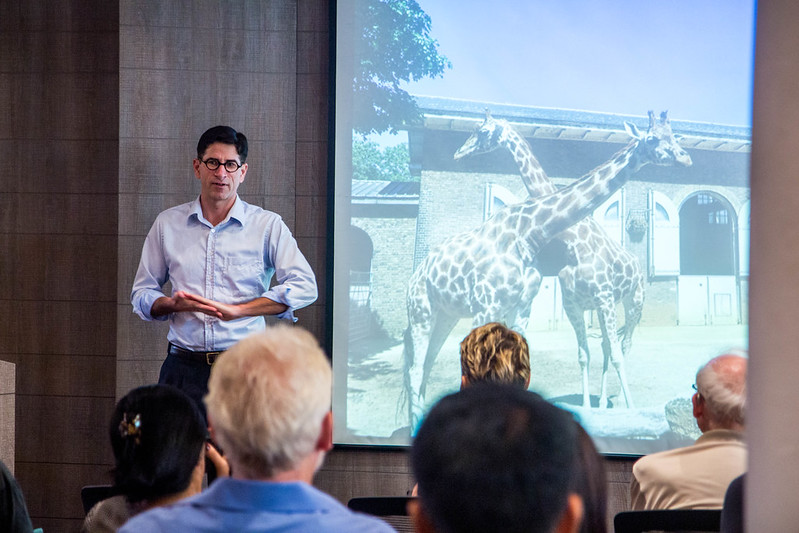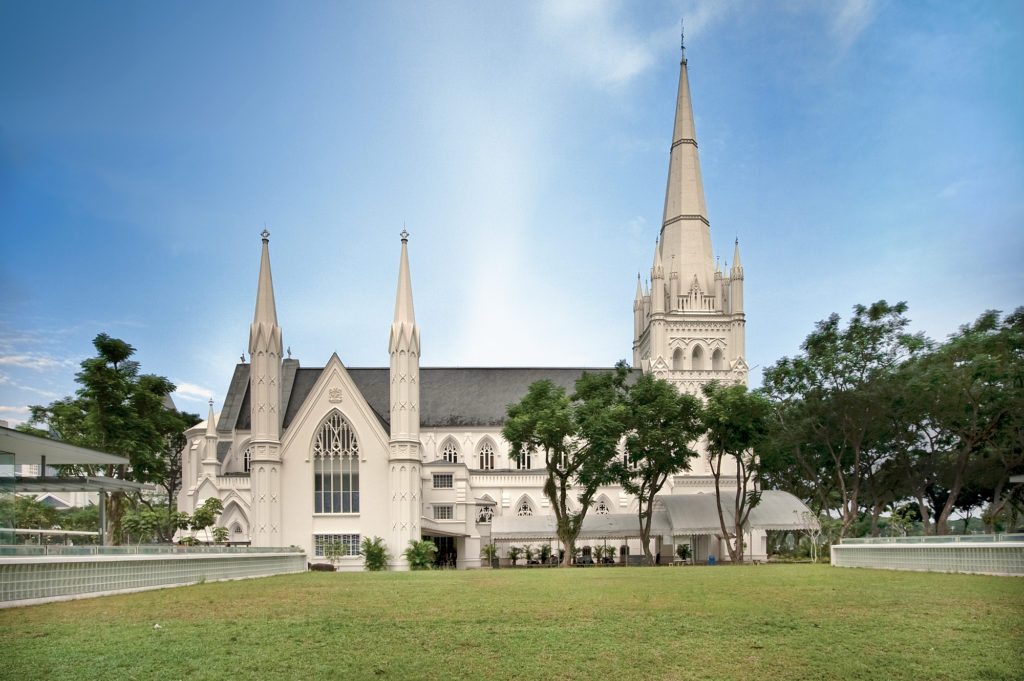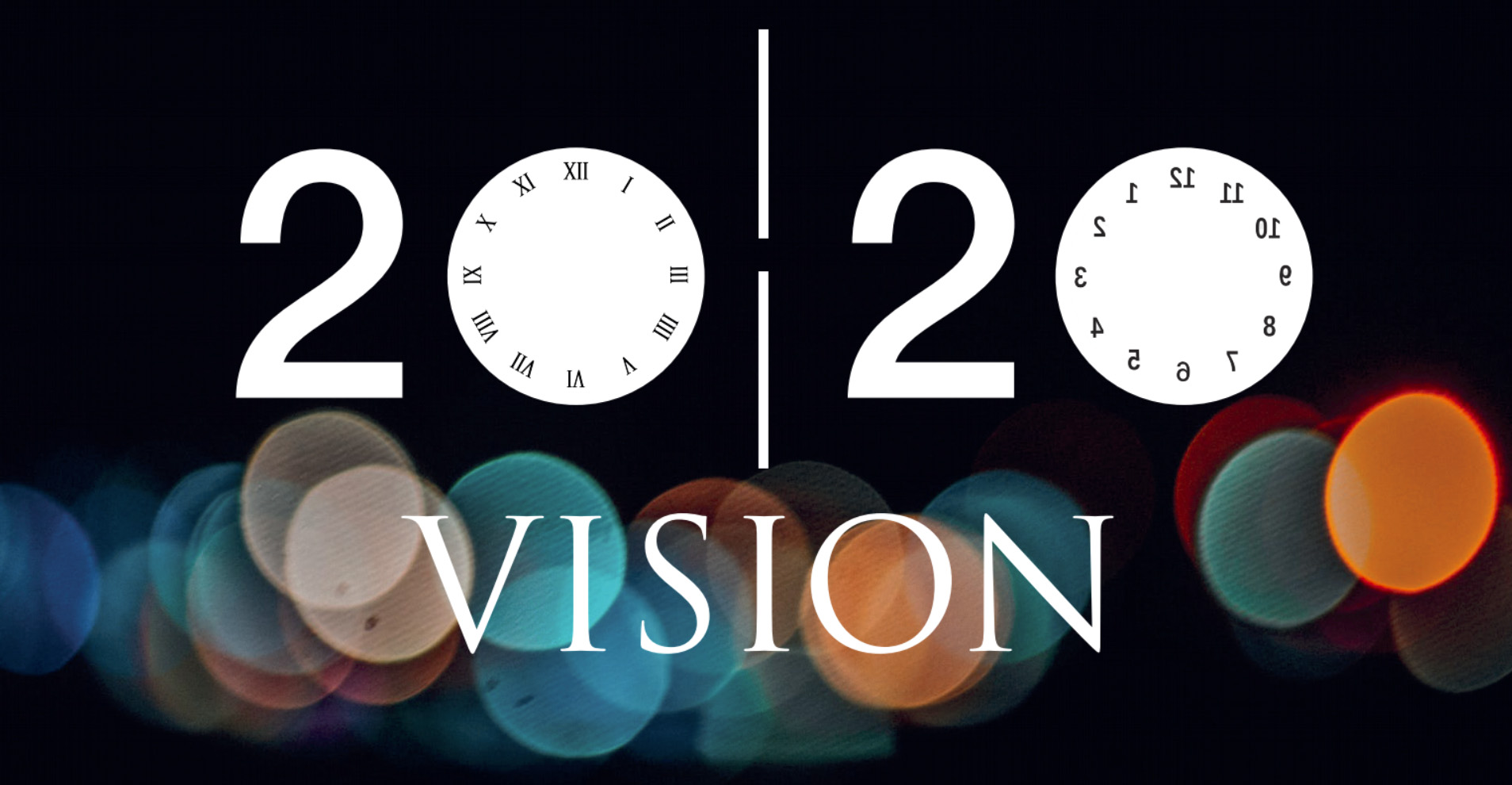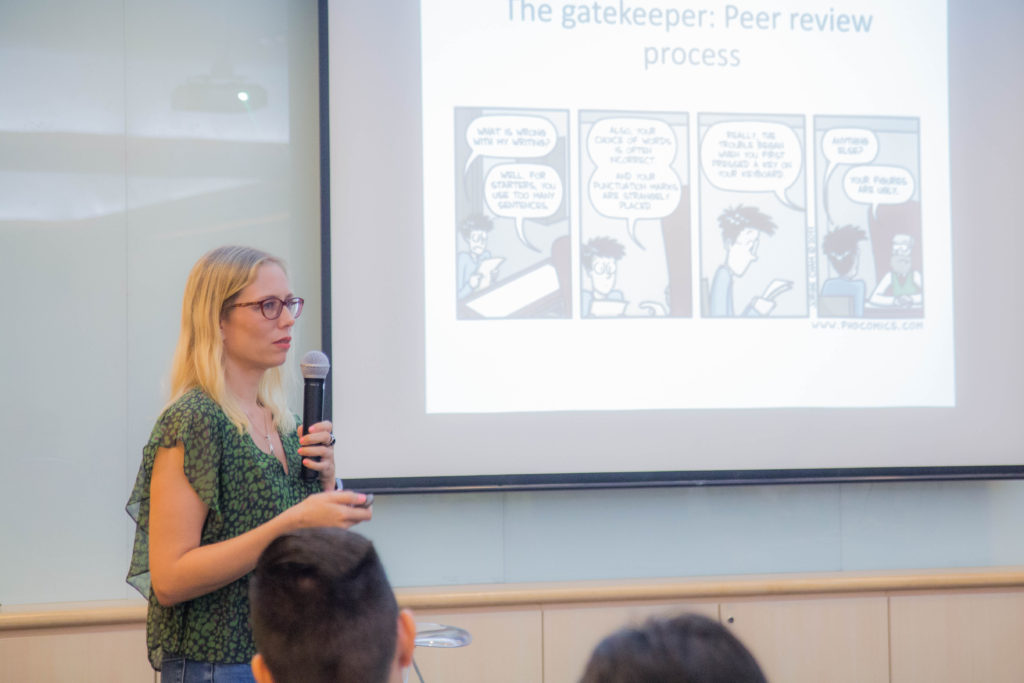The year 2019 is the 200th anniversary of Sir Stamford Raffles’ founding of modern Singapore. On Darwin Day 2019, the Humanist Society (Singapore) invited Dr John van Wyhe to deliver a lecture on Raffles’ lesser known side – a naturalist in Southeast Asia. Dr John is a British historian of science, with a focus on Charles Darwin and Alfred Russel Wallace, at the National University of Singapore. We have published a transcript of his lecture below:











